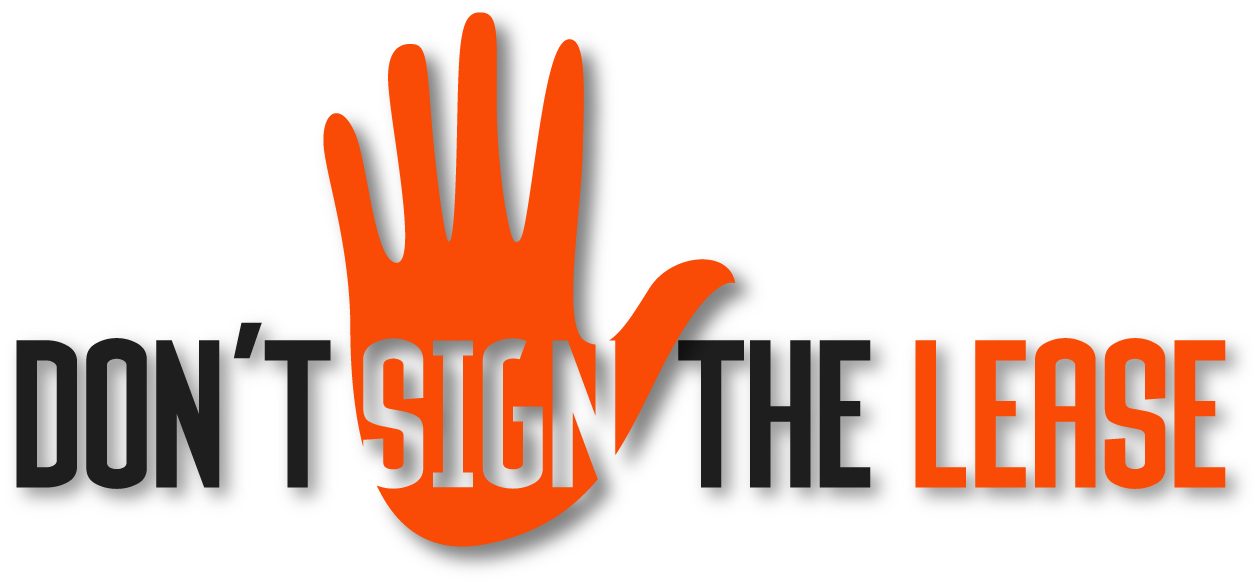Benjamin Franklin once said, “He was so learned that he could name a horse in nine languages; so ignorant that he bought a cow to ride on.”
Many business owners, like William of Gana Mas, are currently riding on cows instead of trailblazing on thoroughbreds. William, an expert in stocks, trades
The subject of hours of operation is a small fragment in relation to commercial real estate; yet, it is a very impactful concern to business owners.
In this concluding part three of the Commercial Real Estate blog series, we discuss common misnomers when considering hours of operation. Hopefully, anyone having read this series will be well equipped to avoid William’s sweaty shoes.
The Commercial Real Estate Knowledge blog series is based on an excerpt from Chapter 17 of Don’t Sign the Lease! The Tale of a Triumphant Business Owner entitled “Pitfall Seven: Hours of Operation – Overtime Charge.”
Let’s wrap up the series.
“Business owners frequently overlook hours of operation when negotiating a lease. Let’s address a few common misnomers about hours of operation that can negatively impact a business owner resulting in an Overwhelmed Business Owner.
Hours of Operation Misnomers First, some LO
Second, when a tenant is granted “24 hours/7 days a week access” to
Third, a full-service lease does not mean air conditioning is provided beyond the hours of operation. The everything-is-included concept of a full-service lease has its limits. The overtime air conditioning charges are paid for by each tenant and not included in the OPEX portion of the base rent. Should one tenant in a property require additional air conditioning, the other tenants in the property shouldn’t be responsible for paying those charges.
Fourth, as Gana Mas learned, in South Florida, the office climate during certain times of the year will continue to be habitable without air conditioning (the opposite effect in colder regions). The winter months are typically cooler providing less heat load on properties allowing for a comfortable working environment long after the air conditioning shuts off. If touring space after hours during these months, be sure to request the standard hours of operation for the property, to not be surprised like William.
Fifth, like most provisions of a lease, negotiation of the hours of operation is possible. Suppose your business requires air conditioning until 7 p.m. each
Sixth, an NNN lease where a tenant pays for all the operating expenses for their space does not necessarily mean overtime air-conditioning charges are non-existent. In NNN offices leases, standard hours of operations often mirror full-service leases. The OPEX for the property including air conditioning is pulled together and then distributed to tenants based on their proportionate share.
Also, just because a utility company separately meters a space with the tenant paying their electric bill directly, that does not mean a tenant won’t incur overtime air-conditioning charges. Many HVAC systems within a space are connected to a cooling tower or a cooling water system which is regulated by the hours of operation in the lease. To run the cooling water system after hours requires additional electric and maintenance cost which will be passed directly to the tenant requesting the overtime air conditioning. In true NNN lease involving single occupant buildings, such as drug stores or bank branches, and certain retail and industrial properties, the entire HVAC system services a tenant’s space exclusively. In such cases, a tenant may set its hours of operation and not incur overtime air conditioning charges.
A business owner must know the hours of operation of the property before signing a lease. If your business operates longer hours than an average work day,
The Commercial Real Estate Knowledge blog series offered an inside look at the new commercial real estate book entitled Don’t Sign the Lease! The Tale of a Triumphant Business Owner available wherever books are sold. Please visit www.dontsignthelease.com for more information on commercial real estate and resources by Jorge L. Morales.
Jorge L. Morales is President of Blue Box Real Estate, LLC (www.blueboxre.com), a commercial real estate firm in South Florida whose mission is to empower business owners to make the best-informed decision regarding their real estate. Connect with Jorge via LinkedIn at https://www.linkedin.com/in/jorge-morales-40080116/.


